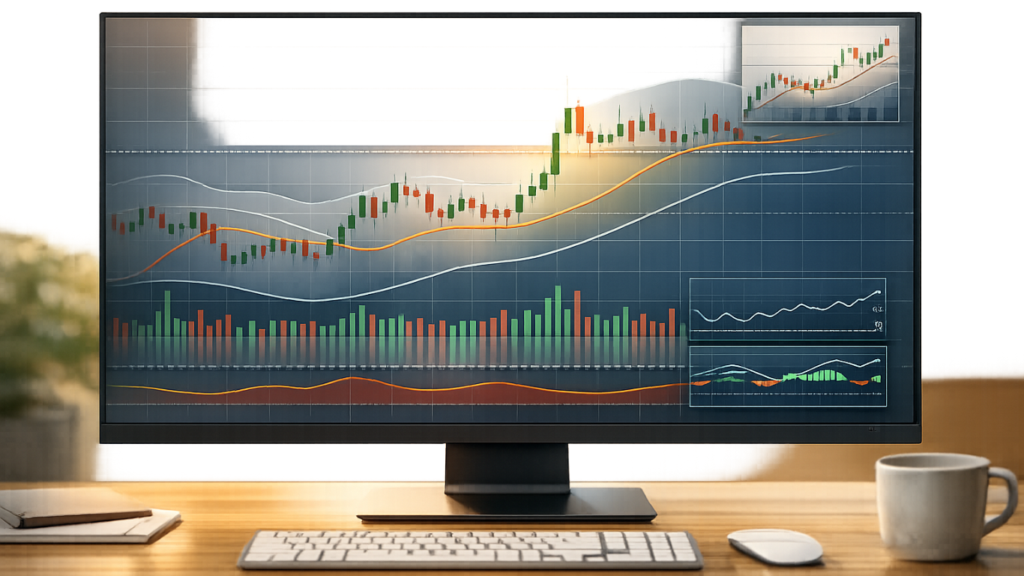
Ultimate Guide to Breakout Signal Indicators
Breakout signal indicators help traders spot when prices move beyond key support or resistance levels, often marking the start of a new trend. These tools

Breakout signal indicators help traders spot when prices move beyond key support or resistance levels, often marking the start of a new trend. These tools
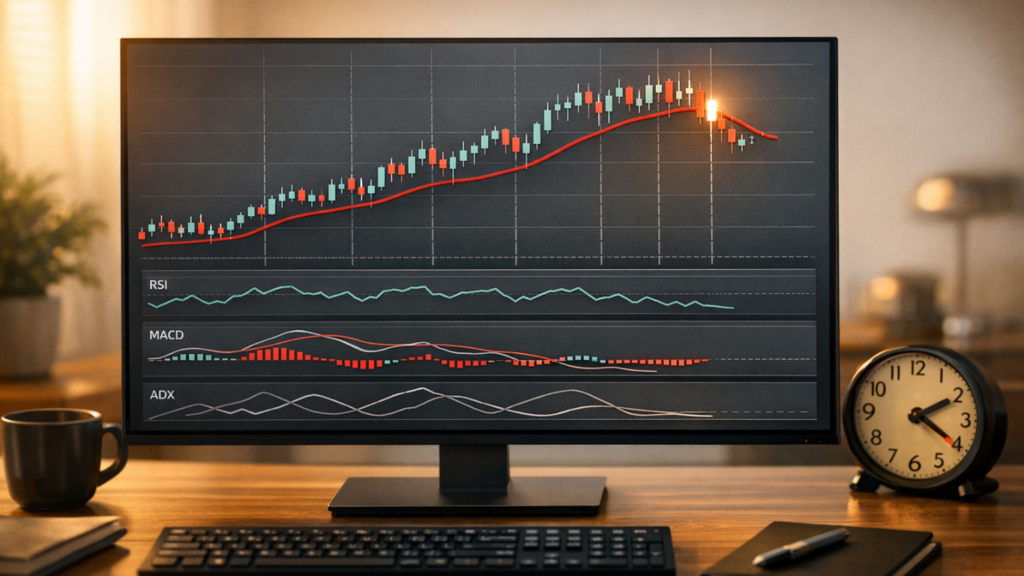
If you’re struggling to decide when to exit a trade, momentum indicators can help. These tools, like RSI, MACD, and ADX, measure the strength and

When a company announces earnings, the stock price doesn’t always adjust immediately. Instead, it often drifts in the direction of the earnings surprise for up
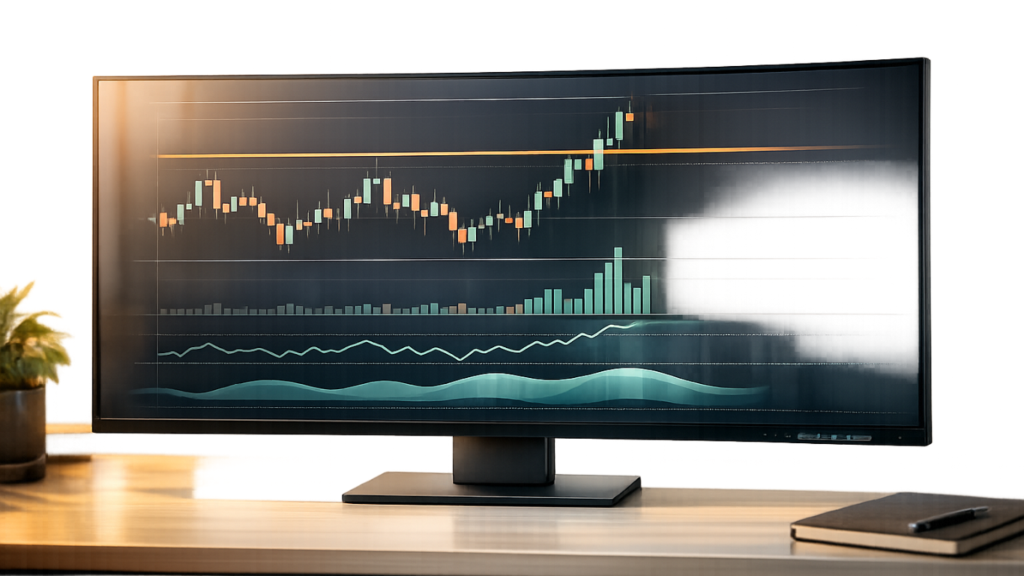
Momentum measures how quickly prices move, while resistance identifies price levels where selling pressure halts upward trends. Together, they help traders spot trend continuations, reversals,

Event-driven rebalancing adjusts your investment portfolio based on specific market events rather than fixed schedules. This strategy responds to shifts like interest rate changes, earnings

Corporate culture impacts a company’s long-term success, making it an essential factor for investment decisions. Strong leadership, employee satisfaction, and ethical practices often lead to

Seasonal trading strategies use historical patterns to predict market behaviour during specific times of the year. For beginners, this approach simplifies decision-making by relying on
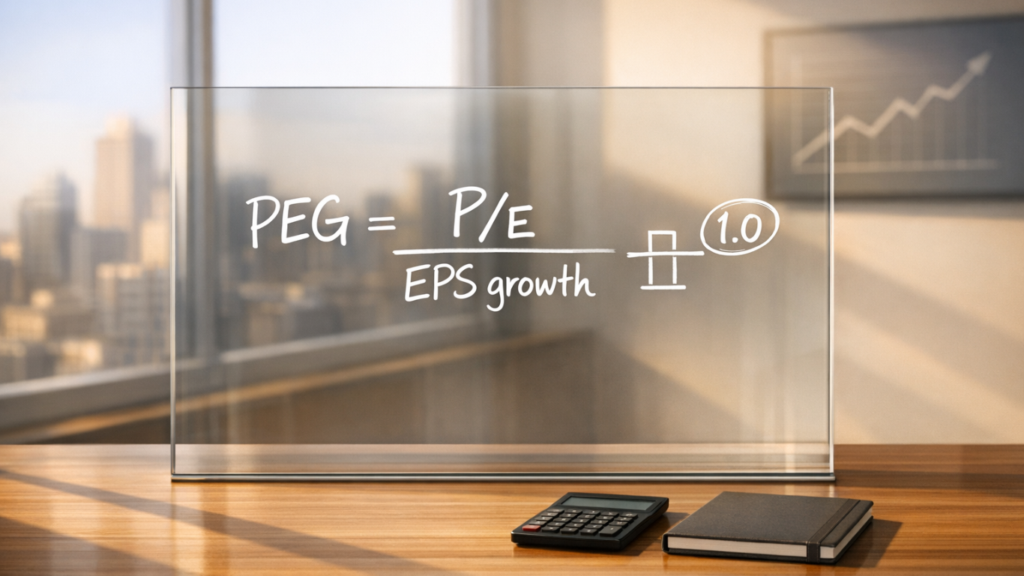
The PEG ratio, short for Price/Earnings-to-Growth ratio, is a tool that helps you evaluate whether a stock is priced fairly by factoring in its future
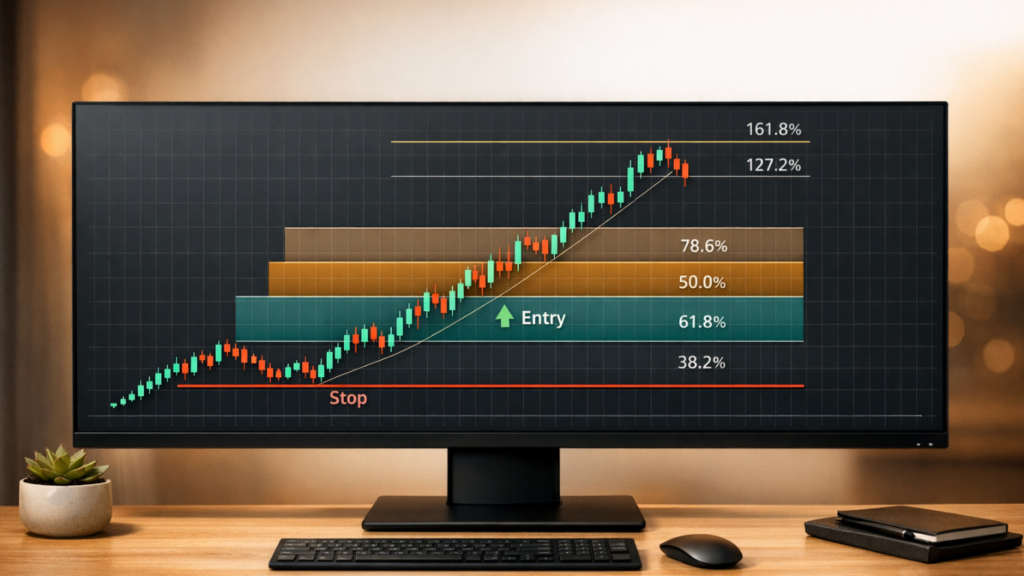
Fibonacci retracement is a trading tool that helps you identify potential price levels where a stock or asset might pause, reverse, or continue its trend.
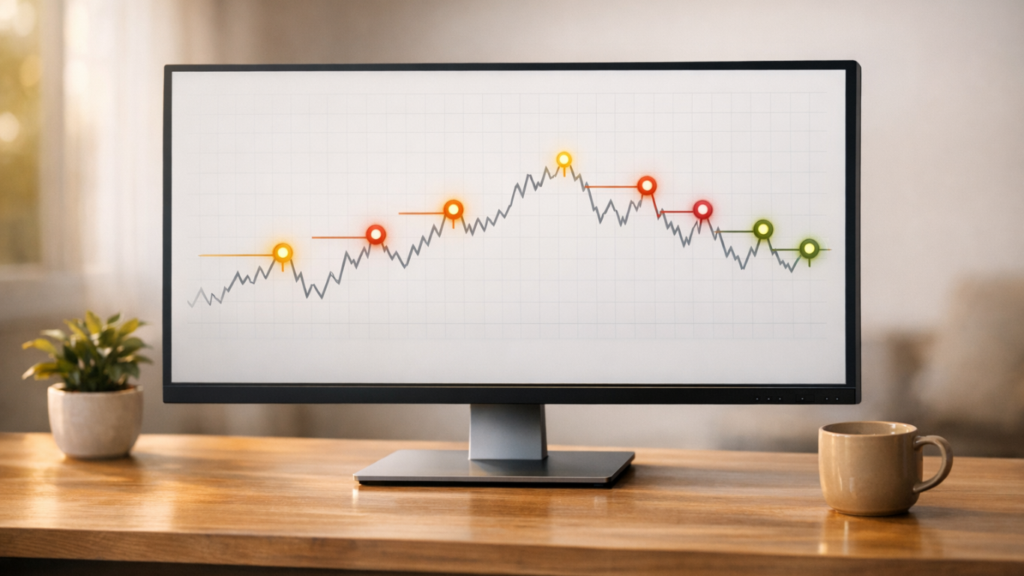
Stop orders are a powerful tool for managing risk in trading. They automatically trigger buy or sell actions when a specific price is reached, helping
This content is for informational and educational purposes only and should NOT be construed as financial advice, investment advice, or any form of recommendation regarding the suitability of any investment product, strategy, or transaction. The information provided here is general in nature and does not take into account your personal investment objectives, financial situation, or specific needs. Investing in financial products and markets involves inherent risks, including the potential loss of principal. Past performance is not indicative of future results. Before making any investment decisions, you should carefully consider your own circumstances and seek independent professional financial advice from a qualified and licensed financial advisor in Singapore. You should also conduct your own due diligence and understand the associated risks. The creator of this content is not a licensed financial advisor and is not regulated by the Monetary Authority of Singapore (MAS) to provide financial advisory services. Reliance on the information provided herein is solely at your own risk.